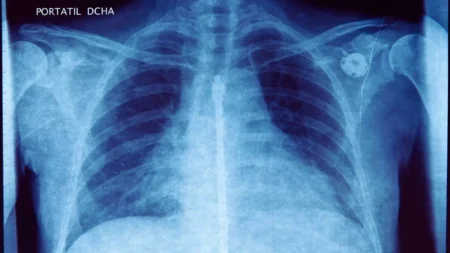To find out if a dentist takes your insurance, you can either call the dental office directly or check the insurance provider’s website. Many dental offices have information on their website about the insurance they accept, or you can call the dental office and ask about insurance acceptance. If you are unsure about whether your specific insurance plan is accepted, you can also contact your insurance provider and ask for a list of participating dentists in your area.
Identifying Dentists That Accept Your Insurance
There are several ways to find dentists who accept your specific dental insurance plan.
- Explore the Insurer’s Website and Provider List: Most insurance companies have a “find a dentist” tool on their website. This tool allows you to search for in-network dentists in your area based on your insurance plan. Leverage this tool to its fullest – you can often filter results by location, appointment availability, and even patient reviews.
- Visit the Dentist’s Official Website: Many dental practices list the insurance providers they accept on their website. Look for a section titled “Insurance” or “Accepted Insurances” for this information. Don’t hesitate to browse the dentist’s website for other valuable information as well. Patient testimonials, office photos, and bios of the dental staff can all help you decide if this practice is a good fit for you.
- Contact the Dentist Directly: If the information isn’t readily available online, simply call the dental office and ask if they accept your insurance. They can confirm your coverage and answer any questions you might have. Talking directly to the dental staff can also give you a feel for their communication style and overall patient care approach.
- Speak with Your Insurance Provider: If you’re still having trouble finding a dentist, your insurance company’s customer service representatives can help. They can provide you with a list of in-network dentists near you, and may even be able to answer questions about specific procedures and coverage details.
Alternatives When Your Dentist Does Not Accept Insurance
Finding a dentist who doesn’t take your insurance isn’t the end of the road. Here are some options to consider:
- Discuss Options with Your Current Dentist: If you really like your current dentist, even though they are out-of-network, talk to them about your situation. Some dentists might be willing to work with you on a reduced fee or payment plan. Express your interest in continuing your care with them and see if they can offer any solutions that make sense for both of you.
- Utilize the Insurance Provider’s Tool to Find Providers: Many insurance companies offer tools to search for out-of-network providers. While you’ll likely pay more out-of-pocket, you can still leverage some of your insurance benefits. These tools often allow you to compare estimated costs for procedures between different providers. Utilize this information to find the most cost-effective option for your specific needs.
- Search Online for Local Dentists: Many online platforms allow you to search for dentists based on location and insurance accepted. Utilize these tools to find in-network or out-of-network dentists near you. Look for platforms that allow you to filter results by additional criteria like patient reviews, areas of expertise, and amenities offered.
Types of Dental Treatments Covered by Insurance
Dental insurance plans vary in coverage, but most provide some level of financial assistance for various procedures. Here’s a general breakdown:
- Insurance Coverage for Routine Dental Visits: Regular checkups, cleanings, and X-rays are typically covered by dental insurance, often with little to no out-of-pocket cost. Preventive care is essential for maintaining good oral health, so take advantage of these covered services.
- Insurance Inclusions for Basic Dental Procedures: Fillings, fluoride treatments, and minor gum disease treatments are generally covered procedures, though you might have a copay depending on your plan. Copays are a fixed dollar amount you pay for a covered service. Understanding your copay amounts will help you budget for dental care.
- Major Dental Work Covered by Insurance: More complex procedures like root canals, crowns, and dentures usually require a higher copay or coinsurance from the patient. Coinsurance is a percentage of the cost you share with your insurance company. Some plans may even have limited coverage for these procedures. It’s important to understand your coverage details for major dental work before undergoing any procedures.
Remember, it’s always a good idea to check with your specific insurance plan to understand your coverage details for various procedures. This will help you budget and make informed decisions about your dental care. Don’t be afraid to ask your dentist questions about your insurance coverage and estimated costs for procedures. By being proactive, you can ensure you receive the dental care you need while staying within your budget.




